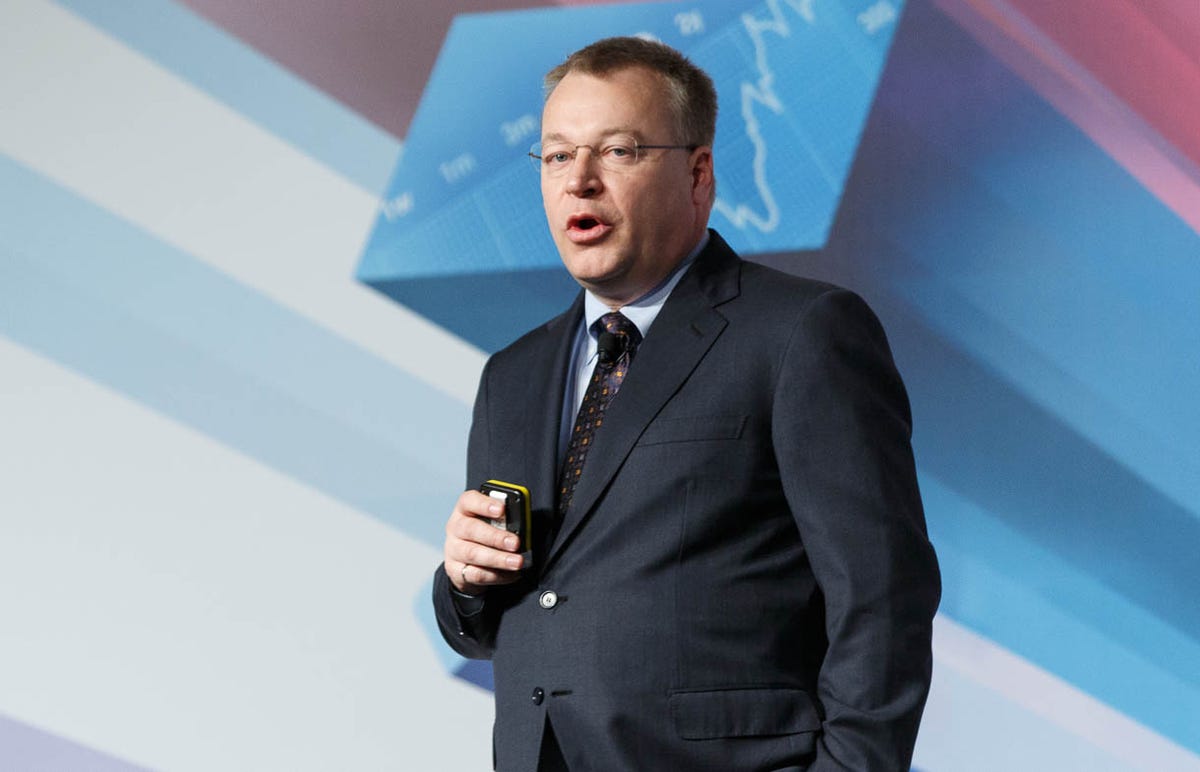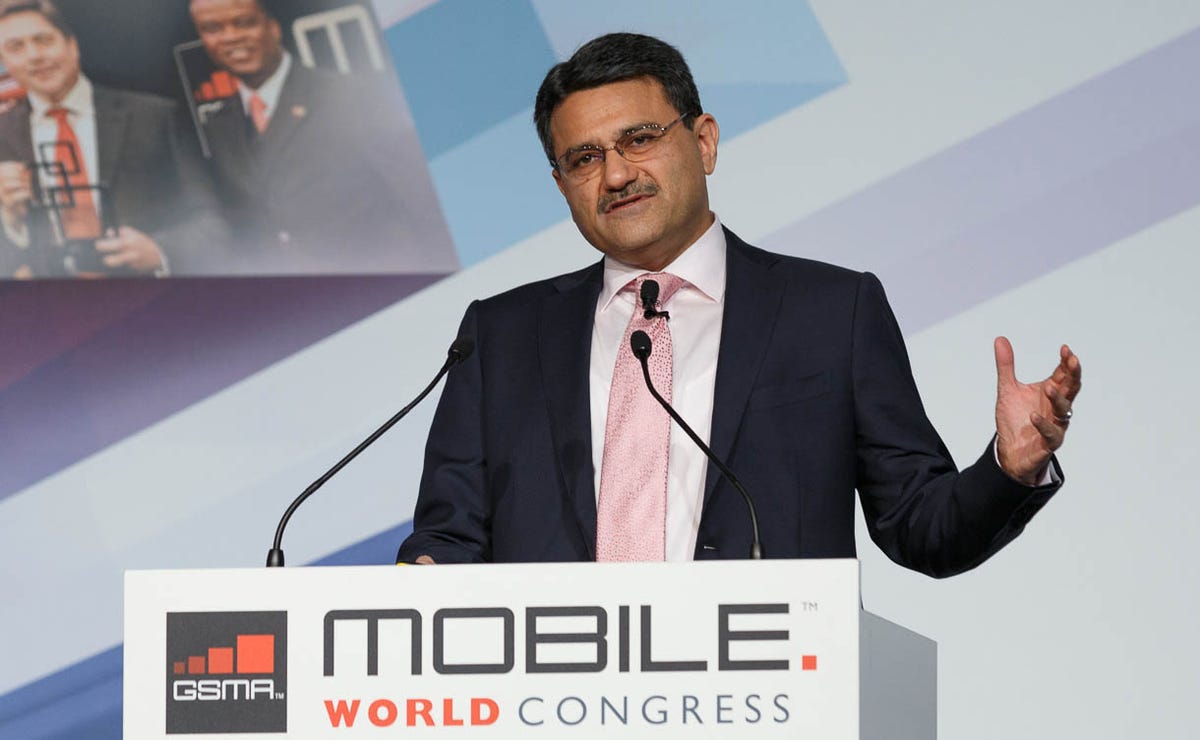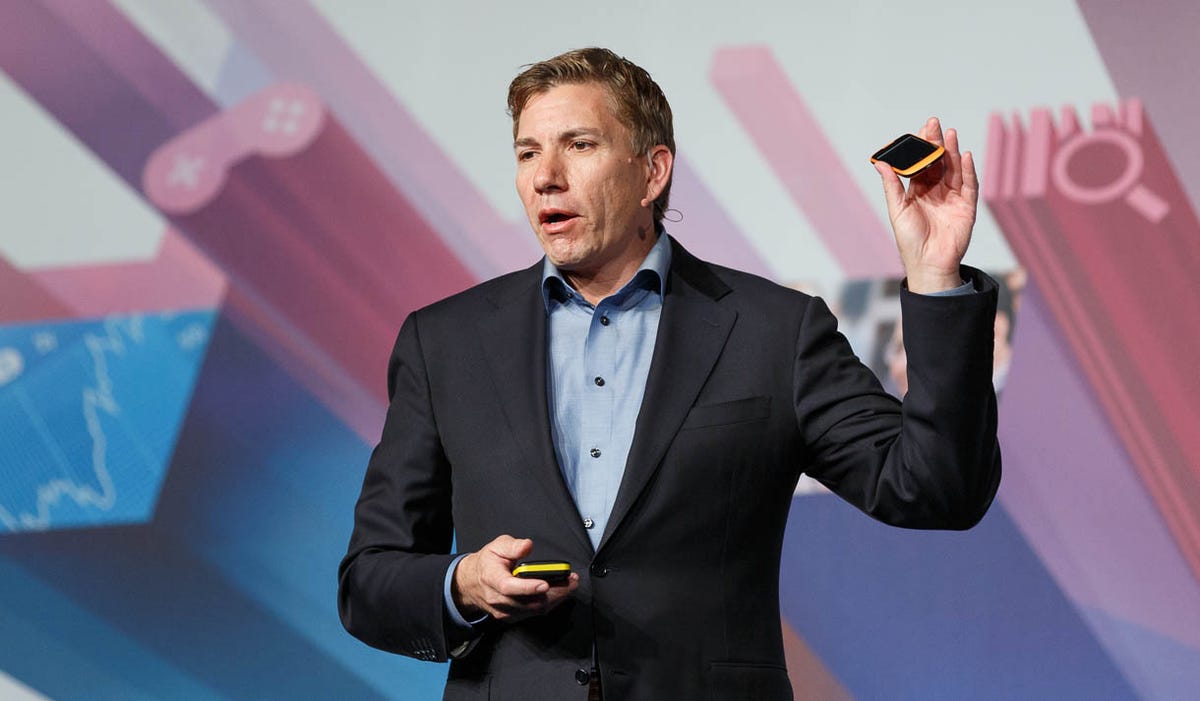BARCELONA, Spain–The price of mobile devices and services will need to come down to connect the next billion people.
That’s according to the CEOs of four major companies in the wireless arena: Nokia, Qtel Group, Bharti Airtel, and Mozilla.
“As an operator, we have to package services to the lower segment of the economy,” said Nasser Marafih, CEO of the Qtel Group, during a keynote address at this week’s Mobile World Congress.
Related stories
- MWC 2022: How to Watch the Samsung Galaxy Book Reveal
- CES 2021: What to expect as the show goes all-digital
- Microsoft warns it might miss revenue guidance because of coronavirus
- Spending time with Huawei’s new Mate XS
- LG unveils new K series phones
Qtel yesterday announced a new brand, Ooredoo, which will cover various wireless carrier brands throughout the Middle East, Africa, and Southeast Asia. Much of the growth over the next few years will come from the regions where Ooredoo (Arabic for “I want”) operates.
The CEOs agreed that connecting more people to the Internet brings tremendous benefits. The increased penetration of broadband Internet increases a country’s gross domestic product, creates new jobs, and raises people above the poverty line. With only one third of the world connected to the Internet, there remains a lot of work to make connectivity universal.
But where the developed world connects to the Internet through a standard DSL or cable connection, much of the emerging markets will find their way on the Internet through a smartphone.
“They are young and hungry to pick up the Internet faster than anyone else,” said Bharti Airtel CEO Manoj Kohli.
Smartphone adoption is key to bringing people to the Internet, although prices have to come down. Kohli said he would like to see smartphones get down to the $30 level, with wireless dongles down to $10.
“There’s a huge opportunity in the mid end, but there’s a bigger opportunity in the low end,” he said.
Stephen Elop, CEO of Nokia, said that he is helping to bring the Internet to the emerging markets through basic phones that offer a lot of features. Yesterday, the company launched the Nokia 105, which will sell for around 15 euros. His lower end phones have the Nokia Xpress browser, a cloud-based Internet service that runs faster than traditional browsers and consumes less data by offering a stripped-down version of the Web. Elop said the browser saves users $1 million a day in data costs.


Stephen Shankland/CNET
“They expect a better Internet experience, but many can’t afford a traditional data plan,” Elop said.
There are significant opportunities to increasing access to broadband Internet. A 10 percent increase in broadband penetration would result in a 1.2 percent to 1.4 percent increase in a country’s gross domestic product, Marafih said. Doubling the Internet access in poorer countries could create 64 million new jobs and help 600 million get out of poverty, he added.
Marafih and Kohli repeated some of the requests that other wireless industry executives have made, including lighter and clearer regulations, lower taxes for its customers, and more spectrum. In addition, the carriers and the so-called over-the-top content providers need to hash out how the carriers can get a cut of the profits for the content and services that travel across their networks.
The two sounded optimistic about finding a compromise with the over-the-top players, with Marafih saying they need support from the carriers to optimize their services and content delivery.


Stephen Shankland/CNET
“I believe that OTT players and telecom players are partners,” Kohli said. “They just need to define how to live together.”
By removing the tension between the carriers and the over-the-top players, the world could reach the next billion people faster, Kohli said.
The executives, meanwhile, agree that no one company or industry can bridge the digital divide for the next billion or beyond.
“We’re all going to participate in writing the next chapter of the Web,” said Mozilla CEO Gary Kovacs.


Stephen Shankland/CNET



